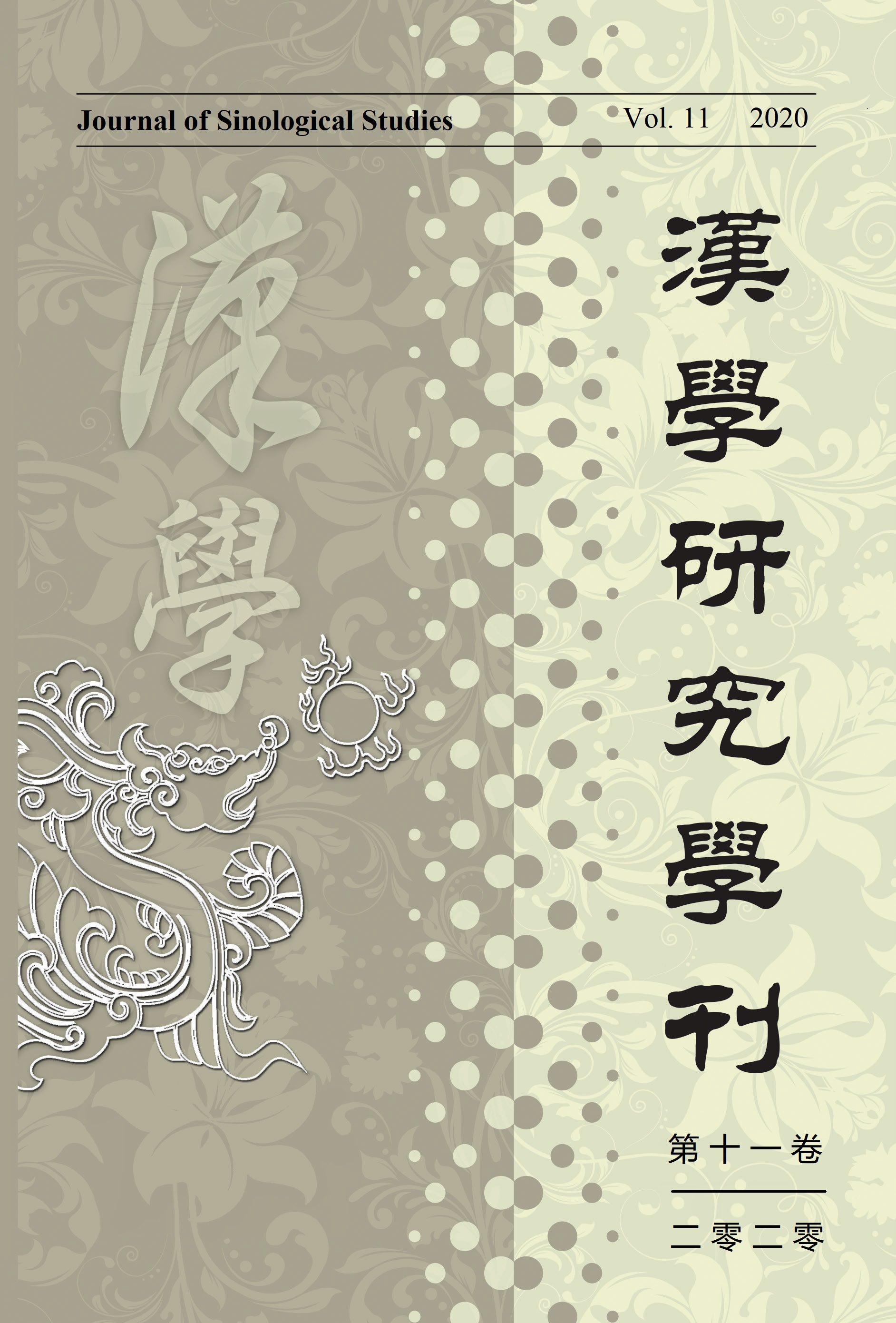Folk Custom and Ideological Reform - On the Reform Movement of Funeral Customs in the Chinese Community in Malay(sia)
Keywords:
Malaysian Chinese, funeral, folk customs, reform, ideological reformAbstract
Confucianism emphasizes "serving the living with courtesy; burying the dead with courtesy and offering sacrifices with courtesy". In the early days, the Chinese community regarded grand funerals and lavish burials as filial piety, and anything less than that was considered unfilial or impolite. Intellectuals during the 1890s, in addition to flaunting Western scientific spirit and innovative ideas, also held high the banner of Confucianism: Lim Boon Keng advocated cutting braids, quitting smoking, and abolishing bad customs in weddings and funerals, while Wu Lien-teh proposed in his autobiography: "In addition, weddings and funerals, festivals and grand celebrations are all a waste of money. We must further abolish or change those ancient and meaningless customs and habits". In fact, the local Chinese community has experienced three reform movements of Chinese funeral customs, which can basically be divided into three periods: in 1936, the Xingzhou Fujian Association responded to the Kuomintang's "Improved Funeral Ceremony Regulations"; in 1952, the Malayan Guangdong Association Federation's "Hometown Associations Improve Overseas Chinese Wedding and Funeral Ceremony Savings Plan"; and the Chinese Thought Reform Movement proposed by the Federation of Chinese Associations in the 1980s. For a long time, there have been constant voices of doubt and reform within the Chinese community in Malaysia regarding traditional funeral ceremonies. These historical facts record people’s criticism of the extravagant funeral ceremonies at that time. In addition to sorting out these three reform movements, this article will also explore the impact of these movements on today’s Chinese funeral ceremonies.


